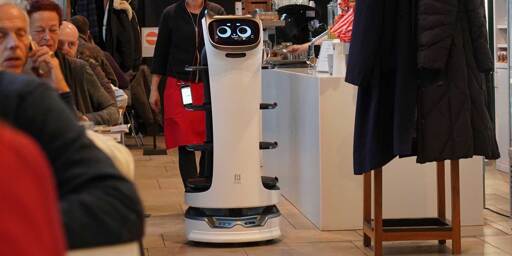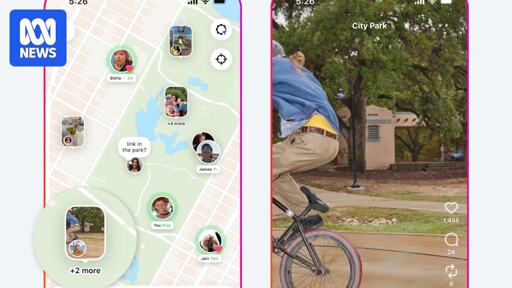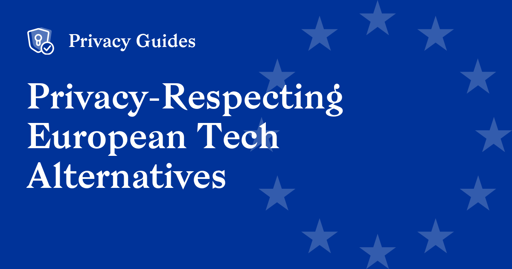This whole thing was already played out on the TV series “The West Wing”, and I’m fairly sure that Aaron Sorkin got it from somewhere else.
https://www.tv-quotes.com/shows/the-west-wing/quote_13962.html
Edit: It appears that the original author is Kent Ashcraft:
Source: https://www-users.york.ac.uk/~ss44/joke/laura.htm#author





















Here’s how we fix a society that’s already drowning in advertising … more advertising.
Russell Howcroft would think that this was the Duck’s Nuts!